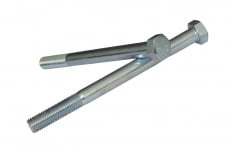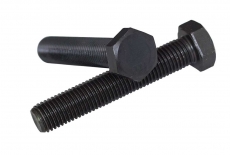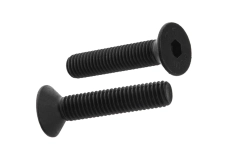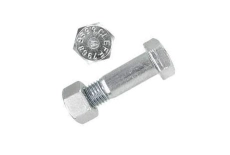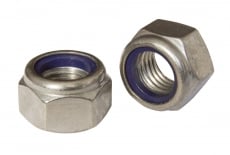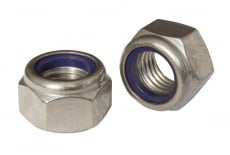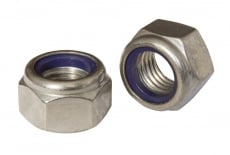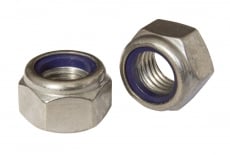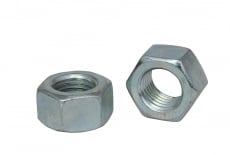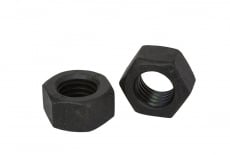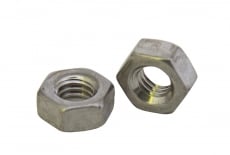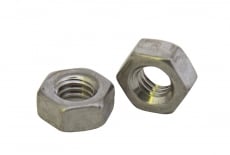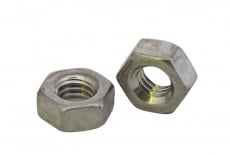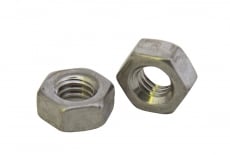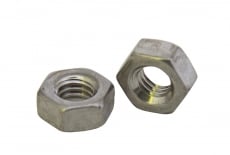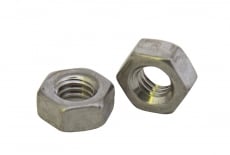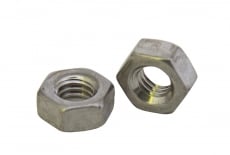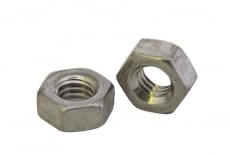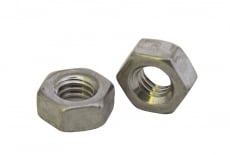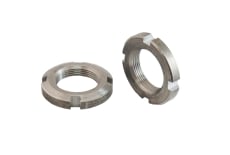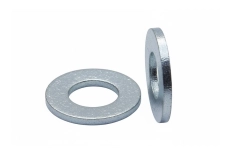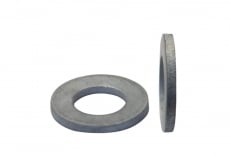Fastening for the food industry: stainless steel hardware A2 and A4 wholesale
The production equipment of the food industry involves the direct interaction of technical means with food or raw materials for their production. This means that fasteners and hardware for the food industry, which are used in production, must maintain their design characteristics under the influence of moisture and chemically active substances and at the same time ensure hygiene. Fasteners for the food industry should not affect the properties, composition and nutritional value of products, semi-finished products and raw materials.
Metal products from special stainless steels best meet the described requirements. Moreover, not all stainless steel alloys with carbon are recommended for use in the food industry, but special austenitic steels, which are enriched with alloying components - nickel, chromium and other chemical elements..
The fact is that chromium-nickel steels have high corrosion resistance and at the same time strength and ductility. Initially, they were used for the manufacture of all kinds of stainless steel kitchen utensils. And so it is not surprising that today they are the most widely used alloys, which are used to make hardware for the food industry. However, not all types of austenitic steels have gained industrial popularity. Most often, metal products for the food industry are made of steel alloys of class A2 and A4.
Fastening products from food steels
The term "food steel" in some sense is not correct, and it is rather a colloquial name for alloys for the manufacture of metal products. Food steel is stainless steel, which should not only have high corrosion resistance, but also cope with the effects of disinfectant fluids during regular sanitation of equipment. This includes chlorination of production facilities, which is used to protect technical means from the spread of harmful microorganisms.
The characteristics and composition of stainless steels A2 and A4 are different, and therefore, when choosing metal products for the food industry, you need to clearly understand the features and conditions of their operation.
-
Stainless steel class A2 (analog AISI 304) contains 0.07% carbon (C), 0.75% silicon (Si), 2% manganese (Mn), 8-10% nickel (Ni) and 18-19% chromium Cr). The exceptional properties of this material are explained by the addition to the alloy of chemical elements of nickel and chromium, the percentage of which is often used in the labeling of steel products. For example, the labeling of metal products for the food industry or utensils on the type of "steel 18/10" and says that the alloy contains 18% chromium and 10% nickel.
The first of these metals provides the metal with additional corrosion resistance, and the second - high flexibility and ductility. The protective oxide film formed on the surface of the steel alloy protects stainless steel from many unwanted chemical reactions, but still does not guarantee protection of the material against corrosion in an acidic environment.
Therefore, fasteners for the food industry made of stainless steel class A2 are not suitable in all cases. If the production cycle involves the action of acid or chlorine solutions, for greater reliability it is replaced by austenitic steel alloy class A4.
-
Stainless steel class A4 (analog AISI 316) contains 0.08% carbon (C), 1% silicon (Si), 2% manganese (Mn), 10-14% nickel (Ni), 16-18% chromium (Cr) and 2-2.5% molybdenum (Mo). It is molybdenum and provides increased corrosion resistance under the influence of acids and chlorine solutions. A4 austenitic steel is used to make more expensive, but more reliable and widely used fasteners for the food industry.
You can choose metal products for the food industry on this page:


 Bolts (22)
Bolts (22) Nuts (16)
Nuts (16) Washers, rings (9)
Washers, rings (9) Screws (5)
Screws (5) Rivets (10)
Rivets (10) Threaded Pins (1)
Threaded Pins (1) Self-tapping screws (4)
Self-tapping screws (4) Screws (2)
Screws (2) Pins (1)
Pins (1) Rigging (1)
Rigging (1) Cotter pins (3)
Cotter pins (3) Anchors (1)
Anchors (1) Equipment for yachts (1)
Equipment for yachts (1)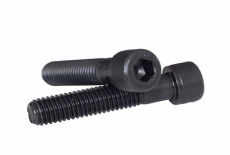



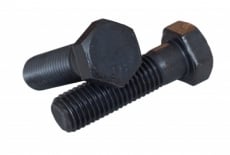

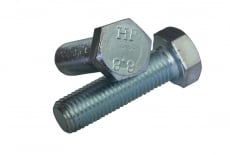


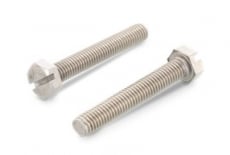

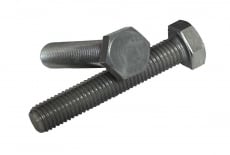
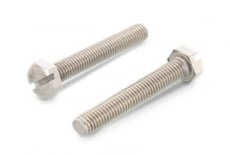

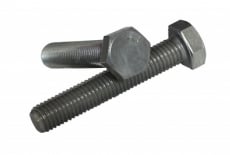
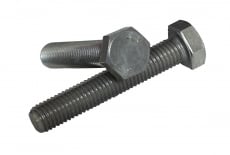
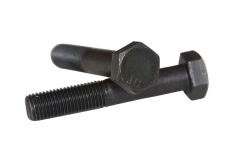
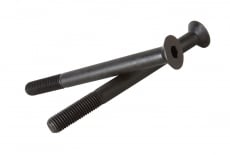
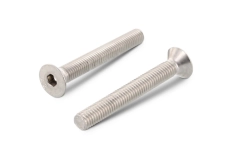
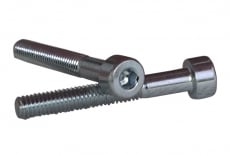
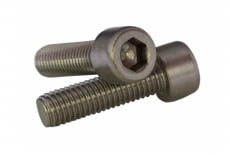
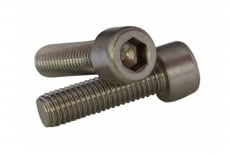
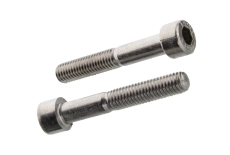
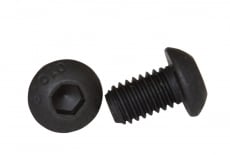
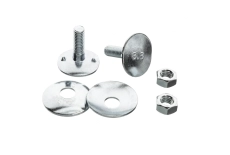
-4849.jpg)

